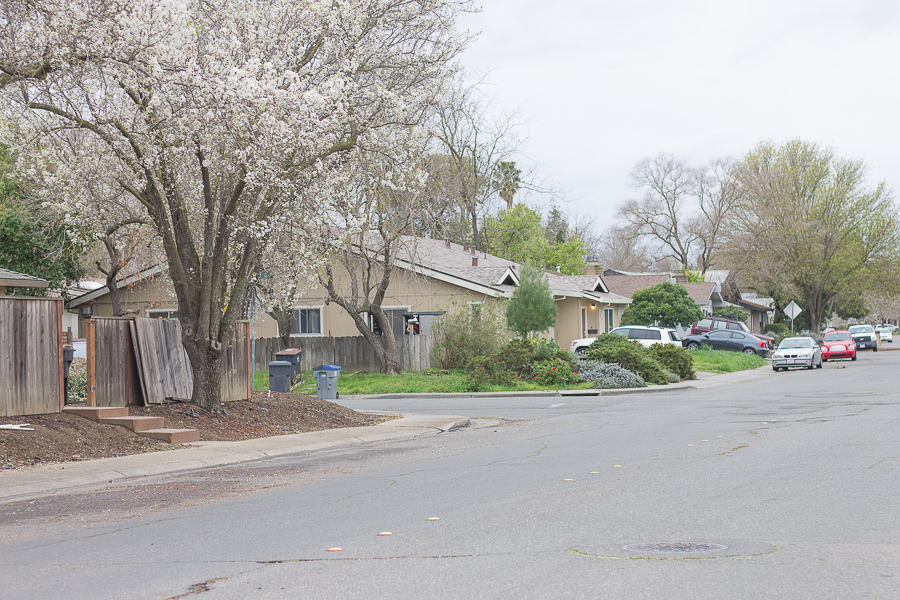
An argument for no climate boundaries across nations and race
 Reflecting on my childhood, I realize that my relatives and friends all showed the same level of disinterest in climate change. In fact, I don’t remember discussing climate change in school very much, either. In my lifetime, I’ve noticed environmentalism used to be a concern for fewer people. But today, more people — regardless of race, ethnicity or socioeconomic status — are paying attention to environmental issues.
Reflecting on my childhood, I realize that my relatives and friends all showed the same level of disinterest in climate change. In fact, I don’t remember discussing climate change in school very much, either. In my lifetime, I’ve noticed environmentalism used to be a concern for fewer people. But today, more people — regardless of race, ethnicity or socioeconomic status — are paying attention to environmental issues.
A few factors have been shown to contribute to an individual’s relationship to the environment. For instance, wealthy people have larger carbon footprints because they use more energy, consume more and live in bigger houses. But wealthy people are more likely to adopt green practices, like switching to organic produce, because they can afford to.
While people in poorer countries lack the resources to live “greener” lives, a study by Dr. Malcolm Fairbrother of Bristol’s School of Geographical Sciences found they are no less concerned about the environment. However, they typically care more about clean air and water rather than climate change.
Everybody wants and deserves a healthy environment. Environmentalism isn’t just a luxury for people who are rich or white.
Some have argued that American environmentalism has its roots in racist ideology — since early environmental pioneers like Madison Grant were racist old dudes. They have also argued that environmentalists like John Muir cared more about the treatment of animals than the treatment of some groups of people.
Some have claimed that the environmental movement has become “too white” in recent years, since politicians like Al Gore and celebrities like Leonardo DiCaprio have become faces for the movement. But others say that we’re moving toward a return to environmental justice, which developed decades ago in response to mainstream environmentalism.
In the 1980s, mainstream environmentalism was criticized for being “too white” and only caring about majestic animals and landscapes.
More recently, environmentalism has seen social-justice battles. The Standing Rock Sioux opposed the Dakota Access Pipeline, Miami activists continue to fight climate gentrification and the Movement for Black Lives advocates for the end of environmental racism.
“Communities of color, which are often poor, are routinely targeted to host facilities that have negative environmental impacts — say, a landfill, dirty industrial plant or truck depot,” says the National Resources Defense Council’s website. “The statistics provide clear evidence of what the movement rightly calls ‘environmental racism.’”
Poor communities risk more exposure to pollutants than rich ones. Even though we still see disparities between wealthy and low-income communities, the environmental movement has diversified over the years. And we have to keep learning to work with our differences and inequalities to make the environment better for everyone.
American culture has diversified as well. It’s complex, even on the individual scale, and to claim that environmentalism is “too anything” is narrow-minded. We have to start thinking about a healthy environment as a basic human need which everyone deserves.
As a developed country (where people consume more and use more energy), it’s our responsibility to set the example. We should be passing eco-friendly laws and creating cutting-edge green technologies that can be passed along to less-developed countries.
How do we make sense of all this gobbledygook? Altruism, which works well with environmental justice. We make “greener” choices, hoping that our personal actions can make a difference because they create a culture of caring. And, hey, maybe this will influence voting, too. We set the example for the environmental standard we hope to achieve, live within our means and lend a helping hand to the less fortunate.
In short, we do everything that Miss America has been telling us to do for the last century.
Written by: Jess Driver — jmdriver@ucdavis.edu
Disclaimer: The views and opinions expressed by individual columnists belong to the columnists alone and do not necessarily indicate the views and opinions held by The California Aggie.



